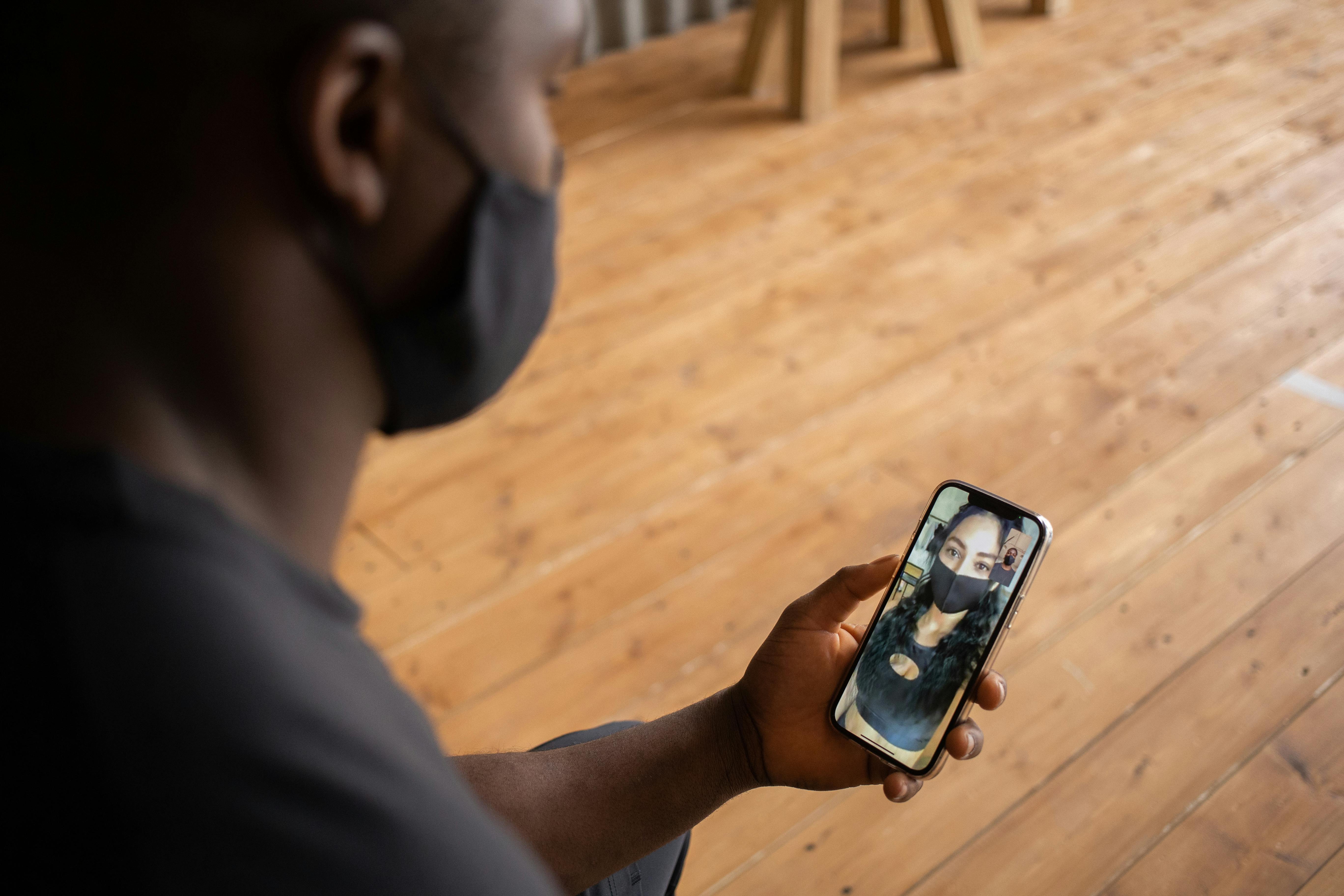Celebrating the Contributions of Clinical Research Coordinators
Celebrating the Contributions of Clinical Research Coordinators
Blog Article

In the world of clinical research, there exists a dedicated group of professionals who play a pivotal role in bringing new treatments and therapies to fruition. Clinical Research Coordinators are often the unsung heroes of clinical trials, overseeing the daily operations that ensure the integrity and success of research studies. Their work is essential in bridging the gap between patients, researchers, and the healthcare system, making it possible for groundbreaking medical advancements to move from the lab to patient care.
These coordinators are at the forefront of the clinical research process, managing everything from patient recruitment to data collection and regulatory compliance. With their keen organizational skills and compassionate patient interactions, Clinical Research Coordinators help to create a seamless pathway for clinical trials. Their contributions not only facilitate the exploration of new medical possibilities but also enhance the safety and well-being of participants involved in these critical studies. This article celebrates the invaluable role they play in enhancing healthcare and improving patient outcomes.
Role of Clinical Research Coordinators
Clinical Research Coordinators play a crucial role in the initiation, planning, and execution of clinical trials. They serve as a vital link between researchers, participants, and regulatory bodies. Their primary responsibility includes ensuring that trials are conducted in accordance with all regulatory requirements and ethical standards, thus maintaining the integrity of the research. This role requires a deep understanding of clinical protocols and the ability to manage multiple tasks simultaneously.
One of the key functions of Clinical Research Coordinators is participant recruitment and engagement. They work diligently to identify appropriate candidates for clinical studies, which often involves outreach efforts and thorough screening processes. By fostering a supportive environment, they help participants understand the trial processes, ensuring informed consent and maintaining their commitment throughout the study duration. Their interpersonal skills are essential for building trust and rapport with participants.
In addition to managing participant interactions, Clinical Research Coordinators are responsible for meticulous data collection and management. They oversee the accurate documentation of all trial-related data, ensuring it meets regulatory standards. This aspect of their role includes monitoring adverse events and reporting them timely, which is crucial for participant safety and the overall success of the trial. Their attention to detail and organizational abilities are invaluable in maintaining the quality and reliability of the research outcomes.
Key Skills and Qualifications
A successful Clinical Research Coordinator must possess strong organizational skills to manage multiple tasks and ensure that studies run smoothly. This role involves coordinating schedules, subject recruitment, and documentation, all of which require meticulous attention to detail. Being organized allows coordinators to keep track of study timelines, regulatory requirements, and participant information, ultimately contributing to the overall success of the research project.
Effective communication skills are also essential for Clinical Research Coordinators. They serve as a liaison between investigators, participants, and other research staff, which necessitates clear and concise interaction. Coordinators must be able to explain complex study protocols to participants, ensuring that informed consent is obtained and that participants understand their role in the research. Additionally, they must communicate findings and status updates to the study team and sponsors.
Moreover, a solid understanding of regulatory requirements and ethical guidelines is crucial in this field. Clinical Research Coordinators must be familiar with Good Clinical Practice (GCP) and various regulatory standards to ensure compliance throughout the research process. This knowledge helps protect the rights and welfare of study participants while ensuring the integrity of the data collected. Continuous education and training in these areas can greatly enhance a coordinator's effectiveness in their role.
Impact on Clinical Trials
Clinical Research Coordinators play a vital role in the success of clinical trials by ensuring that all aspects of the study are executed efficiently and in compliance with regulatory requirements. Their expertise in managing trial logistics enables the smooth operation of studies, from participant recruitment to data collection. This organizational acumen not only streamlines processes but also enhances the integrity of the research, fostering an environment where high-quality data can be obtained.
Moreover, Clinical Research Coordinators act as the primary point of contact between participants, investigators, and regulatory bodies. They facilitate communication and provide support to study participants, ensuring that they understand their roles and responsibilities within the trial. This close engagement helps to build trust and rapport, which can significantly influence participant retention and adherence to study protocols. By addressing concerns or questions, Coordinators enhance the overall participant experience, ultimately contributing to the reliability of trial outcomes.
Clinical Research Coordinator Certificate
In addition to participant management, Clinical Research Coordinators are instrumental in data management and reporting. They are responsible for maintaining meticulous records and documentation, which are essential for the evaluation of trial results. Their attention to detail helps to identify discrepancies early, allowing for timely corrective actions and ensuring data integrity. By doing so, Clinical Research Coordinators not only bolster the credibility of research findings but also advance the field of clinical research, leading to improved treatments and health outcomes.
Report this page